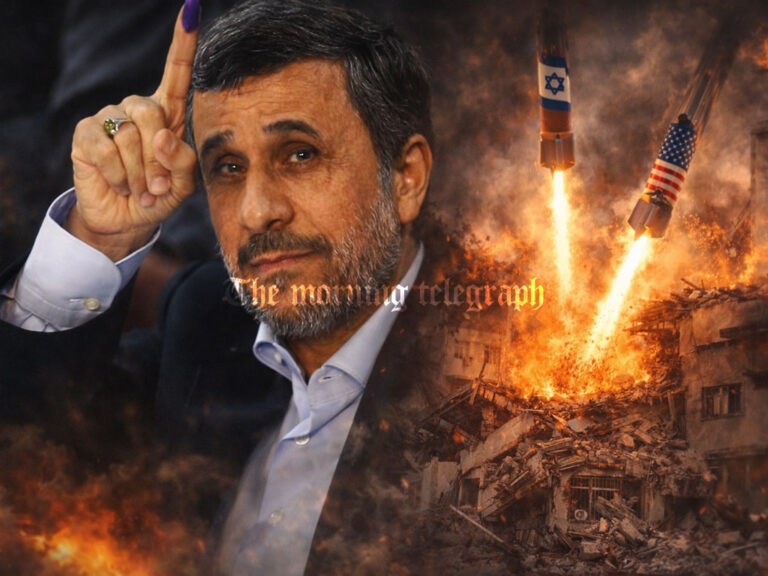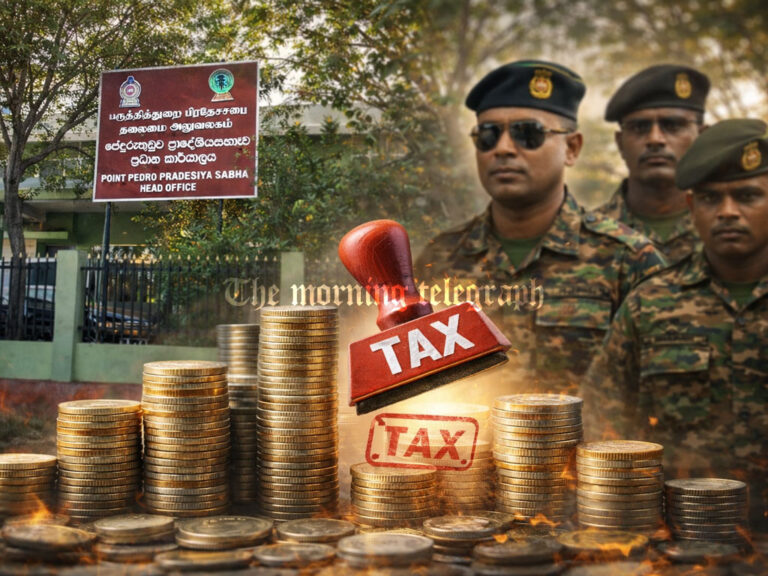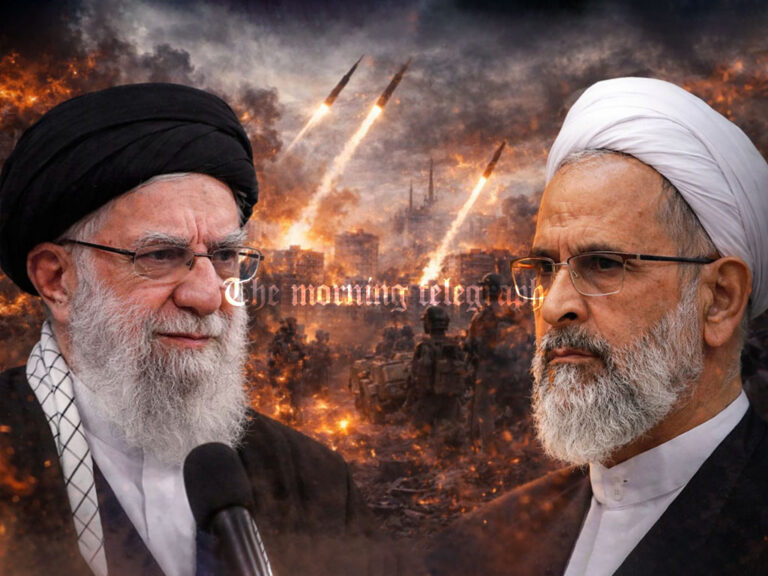
Geneva, August 22, 2024 – A new report issued by the UN Human Rights Office today has raised serious concerns about the state of fundamental freedoms in Sri Lanka, citing recent or proposed regressive laws, the erosion of democratic checks and balances, and ongoing threats and intimidation against civil society and journalists. The report also highlights the recurrence of serious human rights violations from the past.
As Sri Lanka approaches its presidential and parliamentary elections, the report emphasizes that the country has a critical opportunity to recommit to the transformative changes demanded by a wide range of its citizens. These changes include greater accountability and reconciliation, according to UN Human Rights Chief Volker Türk.
The report points to several concerning laws and bills introduced by the Sri Lankan government since 2023. These laws grant security forces extensive powers and significantly expand existing restrictions on the freedoms of expression, opinion, and association. “This trend is particularly alarming as the country enters an important pre-election period,” Türk stated.
Despite a promised moratorium, Sri Lankan authorities continue to use the Prevention of Terrorism Act (PTA) to arrest and detain individuals, the report says. It also documents recent cases of arbitrary arrests, detentions, torture, and deaths in custody. Additionally, the report details the ongoing impact of the 2022 economic crisis and subsequent austerity measures, particularly on the poor and especially on women.
“Decisions on economic policies must be guided by Sri Lanka’s international human rights obligations, including ensuring adequate social protection,” Türk said, urging Sri Lanka’s creditors to provide the government with the necessary fiscal space to realize economic, social, and cultural rights.
The report also highlights the persistence of impunity and a lack of accountability for crimes committed during and after the civil war, which ended in 2009. Türk stressed that the government elected next month must address the root causes of the conflict and undertake significant constitutional and institutional reforms to close the accountability gap and promote reconciliation.
Türk further criticized the Sri Lankan State’s failure to acknowledge the suffering of victims, recognize the role of security forces in committing gross human rights violations, and address both past and ongoing violations. This failure, he noted, has entrenched impunity and allowed serious violations to recur.
The report also describes a longstanding pattern of intimidation and harassment of journalists and civil society actors, particularly those involved in issues like enforced disappearances, land disputes, and environmental concerns. Families of the forcibly disappeared face intimidation, arrest, and surveillance by security services as they seek the truth or attempt to commemorate their loved ones.
“Crimes and violations committed during and after the civil war, including the 2019 Easter Sunday bombings, must not go unpunished. They must be thoroughly investigated, and those responsible held accountable,” the High Commissioner urged.
In light of the Sri Lankan State’s apparent unwillingness or inability to prosecute and punish perpetrators of crimes, the report calls on the international community to pursue complementary strategies to support accountability in Sri Lanka. This includes the potential use of extraterritorial and universal jurisdiction, targeted sanctions against alleged perpetrators, and other measures consistent with international law.
Relevant full report is shown below




